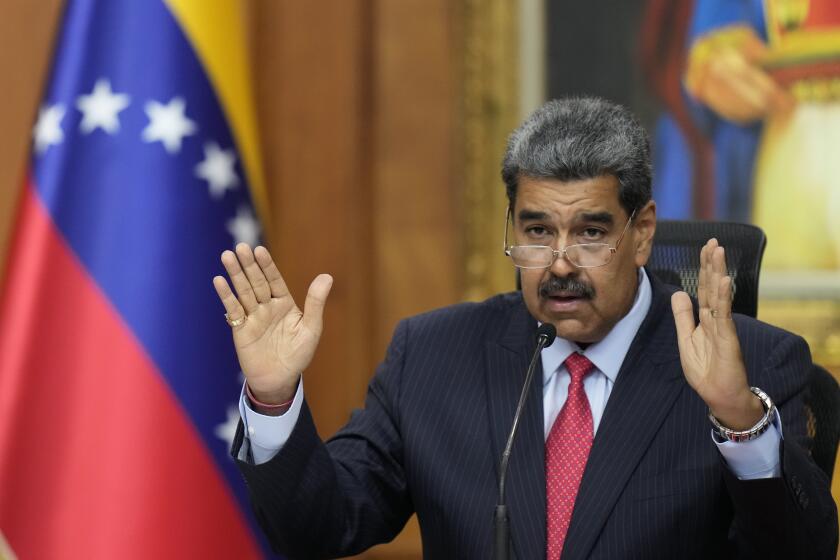Death toll from Mexico pipeline explosion increase to 119
Mexico City â The number of fatalities from an explosion caused by an illegal tap of a fuel pipeline in the central state of Hidalgo has climbed to 119, the Mexican government said Thursday.
The most recent death occurred late Wednesday at Magdalena de las Salinas Trauma Hospital in Mexico City, the IMSS health service said.
The IMSS said that 28 other people hurt in the blast remained hospitalized.
While three minors who suffered burns are being treated at a specialized facility in Galveston, Texas, the other 26 are spread among hospitals in Mexico City, Hidalgo and the state of Mexico.
The blast occurred the night of Jan. 18, hours after hundreds of residents of the town of Tlahuelilpan gathered near a pipeline to collect fuel after thieves had drilled a hole in the duct.
Army soldiers had arrived at the scene prior to the explosion but were unable to control the large crowd.
Stealing fuel from pipelines owned by state oil company Petroleos Mexicanos (Pemex) and re-selling it on the black market has become a major criminal enterprise in Mexico.
This form of theft cost Mexico some $3.4 billion last year, according to official figures.
Since his Dec. 1 inauguration, leftist President Andres Manuel Lopez Obrador has launched an all-out fight against the racket, deploying thousands of police and troops to increase the surveillance of pipelines.
The administration also adopted a change in Pemexâs method for shipping gasoline and diesel from refineries to urban distribution centers, opting to transport more fuel via tanker trucks instead of pipelines.
That modification has caused severe supply problems in some states and Mexico City and led to the closing of service stations and panic purchases.
Lopez Obrador presented last week a plan to provide economic aid to communities along the routes to discourage residents from illegally tapping into the conduits.
The plan is expected to benefit 1.68 million people in 91 municipalities and has an estimated price tag of 3.86 billion pesos ($187 million).
The goal is to alleviate poverty and end the need for people to tap the pipelines to get fuel, the president said.



